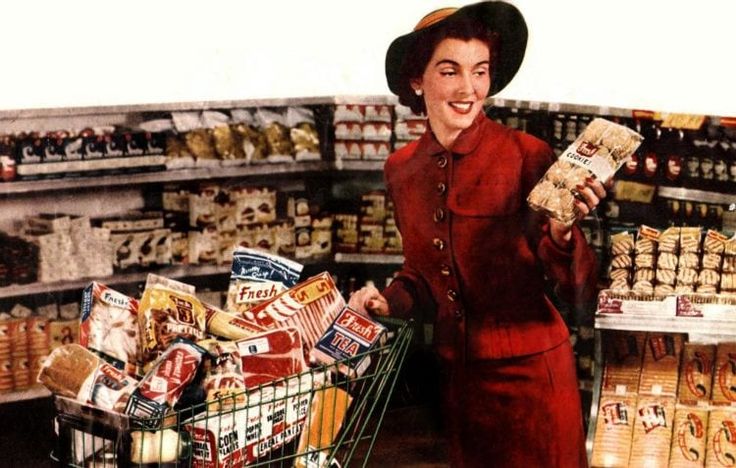In the history of American television, few shows have had the impact and enduring influence of "The Cosby Show." Premiering on September 20, 1984, this groundbreaking sitcom not only captured the hearts of millions but also reshaped the landscape of family-oriented television. For eight seasons, viewers across the nation were welcomed into the Huxtable household, where they witnessed the joys, challenges, and triumphs of a loving African American family. In this article, we will delve deep into the legacy, cultural significance, and lasting appeal of "The Cosby Show."
(Watch the video below)

Trailblazing Representation

The Cosby Show was revolutionary for its positive and authentic portrayal of an African-American family. At a time when African-Americans on television were often relegated to stereotypes and supporting roles, the Huxtables defied expectations. Dr. Heathcliff "Cliff" Huxtable, played by Bill Cosby, was a successful obstetrician, and his wife, Claire Huxtable, portrayed by Phylicia Rashad, was a lawyer. Together, they presented a picture of a loving, supportive, and educated couple—a representation that was rare on TV at the time.
A Different World

The Cosby Show's success led to the spin-off A Different World, which premiered in 1987. The new show focused on Denise Huxtable, the Huxtables' second-eldest daughter, as she attended Hillman College, a historically black college. A Different World explored issues such as race, social justice, and education, and it became a beloved series in its own right. The show's portrayal of college life and its diverse cast resonated with young viewers, making it a cultural touchstone of the late 1980s and early 1990s.
Groundbreaking Ratings and Awards
During its original run from 1984 to 1992, The Cosby Show consistently ranked among the highest-rated television shows in the United States. It held the number one spot for five consecutive seasons and was the most-watched show in the 1985-1986 television season. The show's popularity extended beyond American borders, finding audiences in countries worldwide.
Additionally, The Cosby Show received critical acclaim and numerous awards throughout its run. Bill Cosby won four Primetime Emmy Awards for Outstanding Lead Actor in a Comedy Series, and Phylicia Rashad received two Primetime Emmy nominations for her portrayal of Claire Huxtable. The show itself won several NAACP Image Awards and Golden Globe Awards for Best Television Series - Musical or Comedy.
Impact on Popular Culture

The Cosby Show's influence extended beyond the small screen. The Huxtable family became cultural icons, with their distinct personalities and catchphrases ingrained in the public consciousness. The show's impact on popular culture was so significant that references to The Cosby Show continue to appear in various media, including other television shows, movies, and music.
Tackling Real-Life Issues

While The Cosby Show was known for its humor and lighthearted moments, it also fearlessly tackled real-life issues. Throughout its run, the series explored topics such as race, education, parenting, relationships, and social responsibility. Episodes often centered on moral lessons and ethical dilemmas, making the show not just entertaining but also educational.
Expanding Representation

The Cosby Show not only changed the perception of African-American families on television but also expanded representation in front of and behind the camera. The show employed a diverse group of writers, directors, and crew members, including prominent African-American writers like Susan Fales-Hill and directors like Debbie Allen. The increased representation of minorities in the entertainment industry had a lasting impact on Hollywood's approach to diversity and inclusion.
The Impact of "Cosby Sweater"

Another lasting legacy of The Cosby Show is the infamous "Cosby sweater." Dr. Cliff Huxtable's collection of uniquely patterned and colorful sweaters became a fashion trend, and the term "Cosby sweater" became synonymous with bold, eye-catching knitwear. The sweaters, often adorned with geometric shapes and vibrant colors, became a fashion icon of the 1980s.
Continuation in Syndication

Despite its conclusion in 1992, The Cosby Show continues to be syndicated on television networks around the world. Its continued presence in syndication has introduced the show to new generations of viewers, ensuring that the Huxtable family's legacy endures.
Legacy Amid Controversy

While The Cosby Show's impact on television history is undeniable, its legacy is also marred by controversy surrounding its star, Bill Cosby. In the mid-2010s, allegations of sexual assault against Cosby came to light, tarnishing his reputation and leading to his conviction in 2018. The allegations cast a shadow over the show's legacy, prompting discussions about separating the art from the artist and the complexities of representation in the entertainment industry.
Conclusion

The Cosby Show remains an influential and beloved television series that transcended boundaries and made history. Its groundbreaking representation of an African-American family, the positive impact on popular culture, and its exploration of real-life issues set it apart as a timeless classic. Despite the controversies surrounding its star, The Cosby Show's legacy endures, reminding us of its cultural importance and the lasting impact it had on the world of television.


